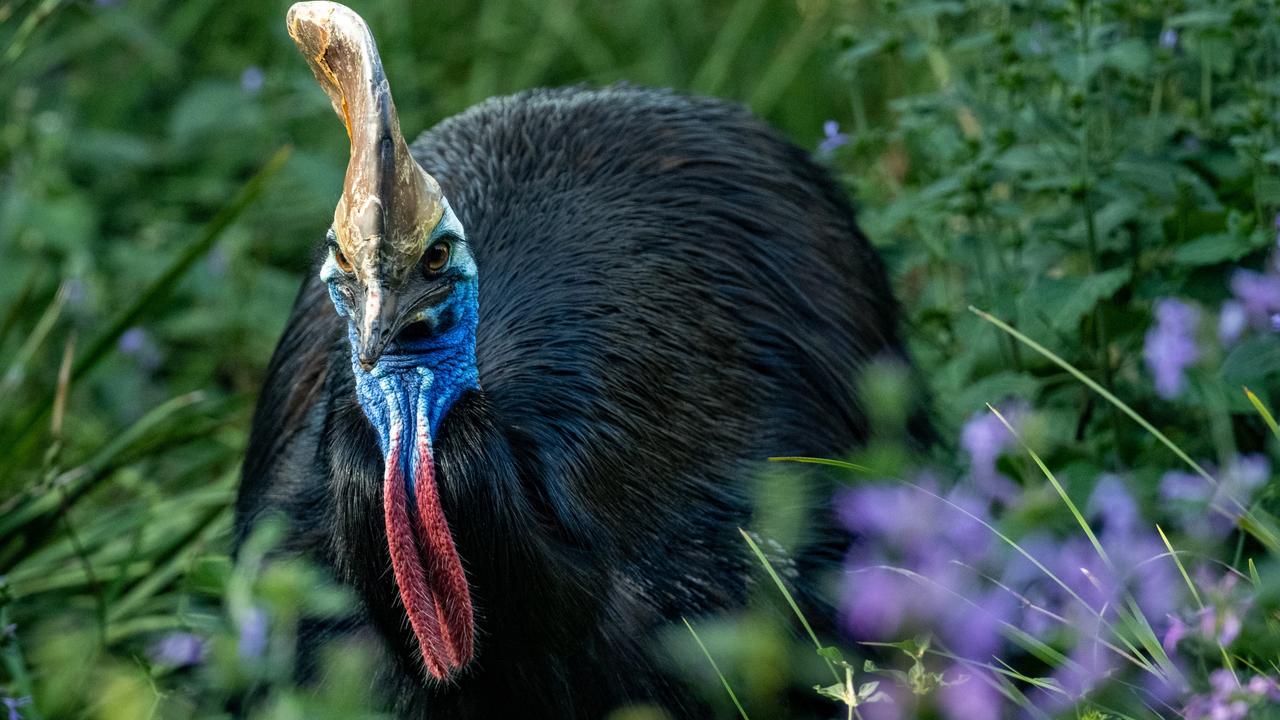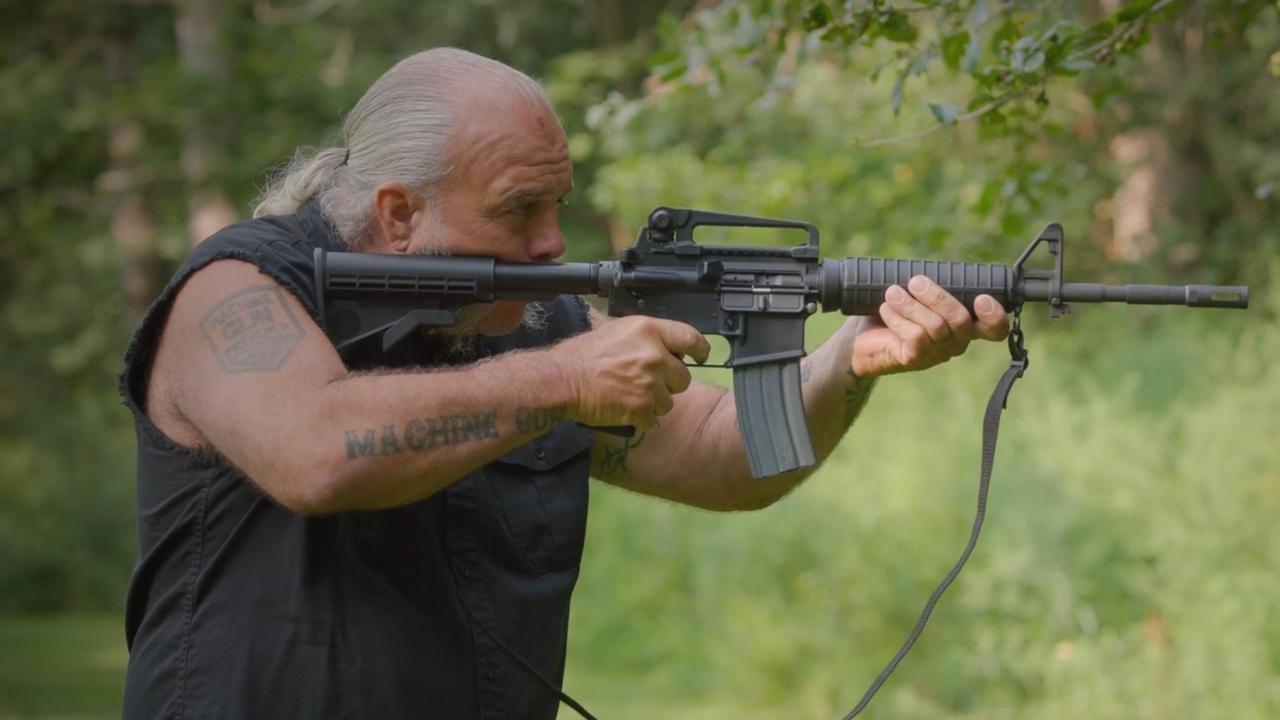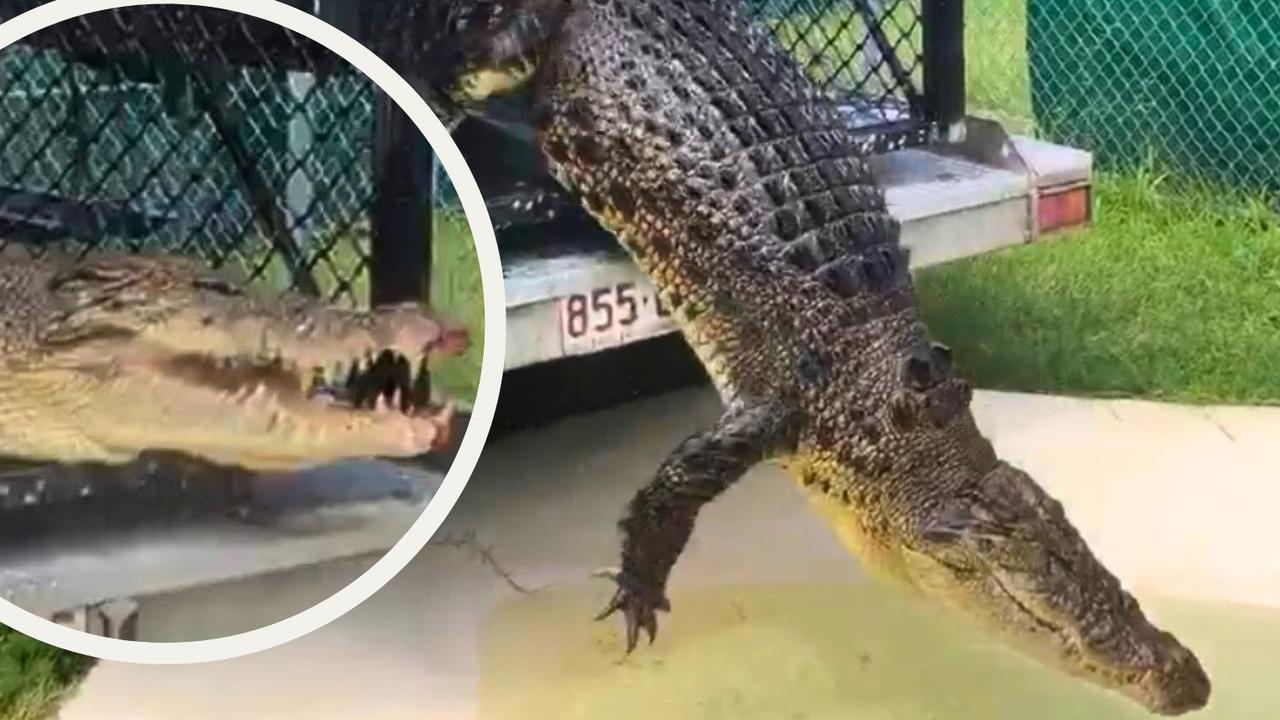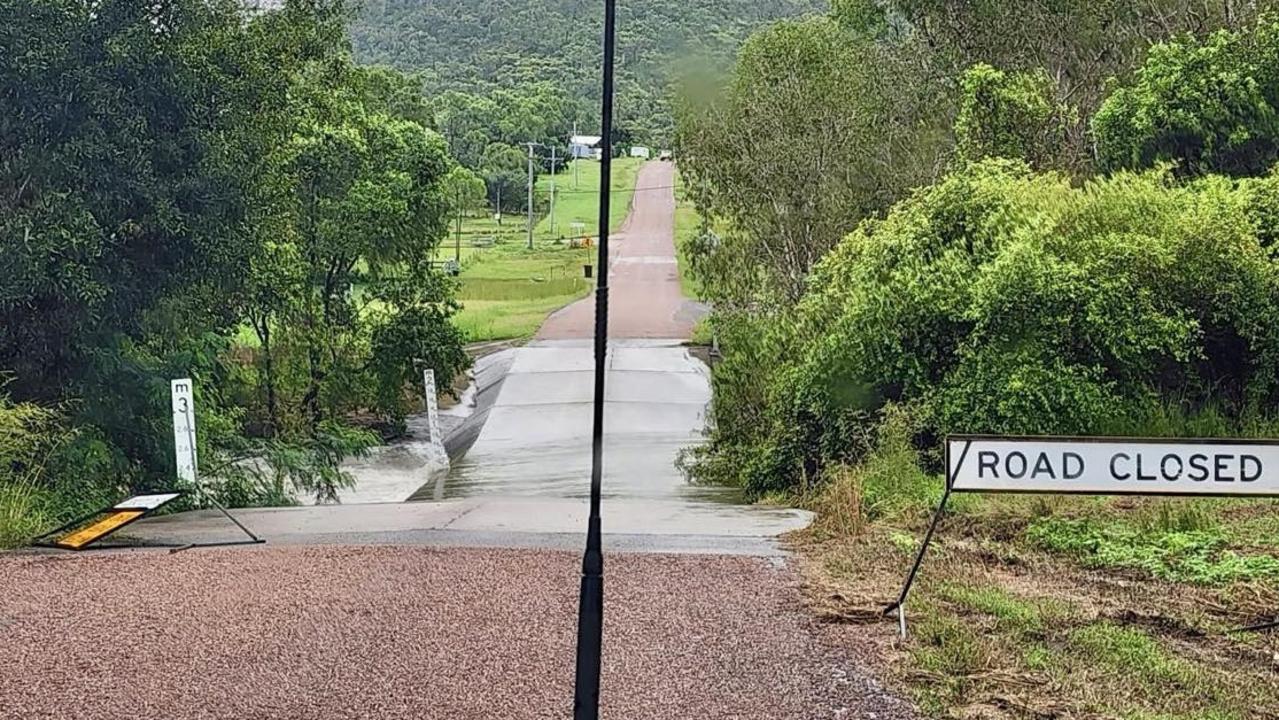‘We have to feed our nation’: Buffel grass debate heats up in QLD
Farmers say buffel grass feeds our nation and any attempt to classify it a ‘weed of national significance’ - following in the footsteps of the NT and SA - are foolhardy.
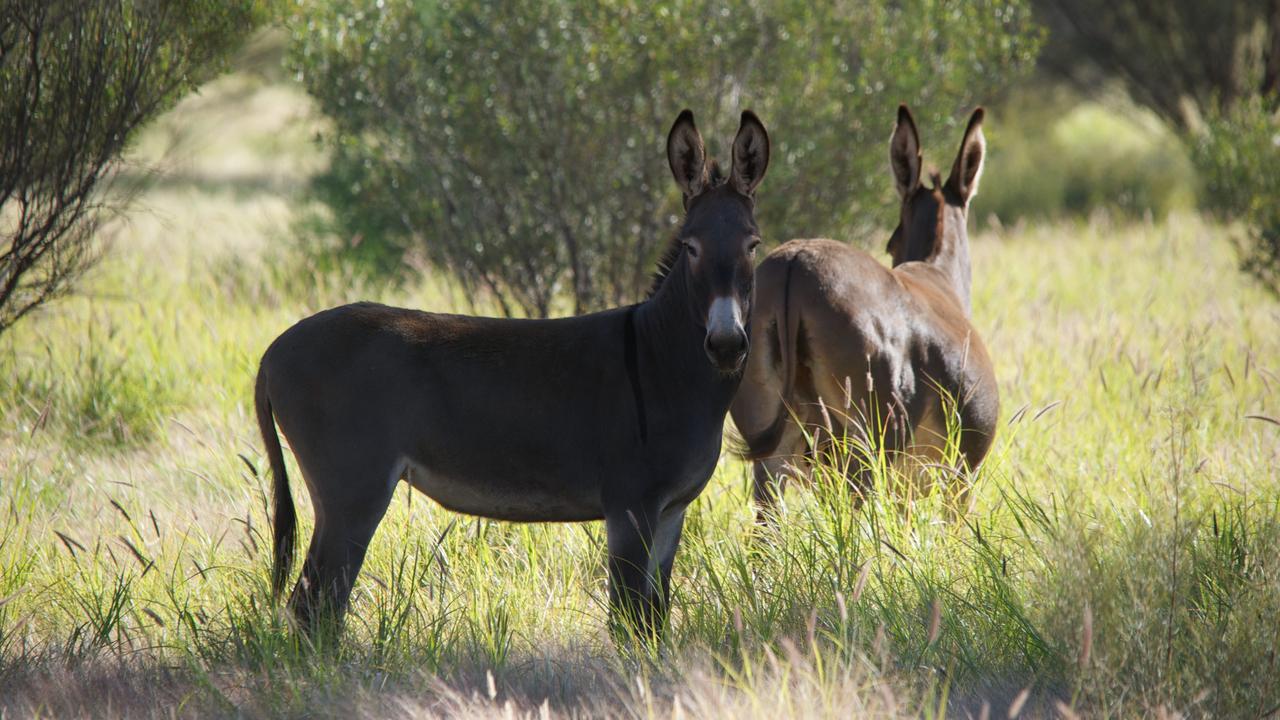
Townsville
Don't miss out on the headlines from Townsville. Followed categories will be added to My News.
Farmers say buffel grass feeds our nation and any attempt to classify it a ‘weed of national significance’ - following in the footsteps of the Northern Territory and South Australia - are foolhardy.
For the average city-slicker the status of buffel grass doesn’t seem like a big deal, but the fight raging over the African grass species is a hot one.
Introduced to Central Australia in the 1950s, buffel is capable of growing quickly in some of the driest and harshest conditions in the country.
Most of the Northern beef industry relies on buffel, but its aggressive growing habits have ecologists warning it’s wiping out native plants.
Ecologist John Read called buffel a “cancer across the countryside” when it was declared a weed in South Australia in 2015.
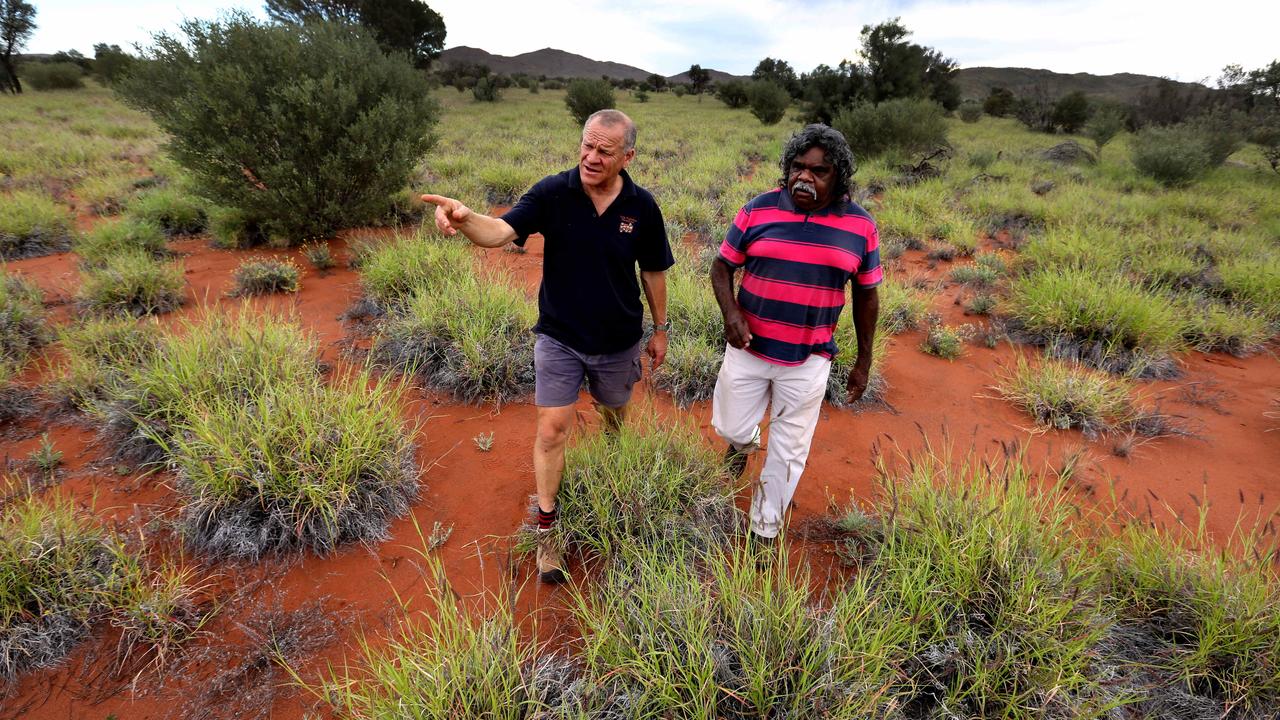
In 2024, the Northern Territory also declared buffel a weed and pledged $750,000 to “strategically manage” the grass.
In comparison, cattle farmers have gone on the record calling buffel the “king of grasses”, “the backbone of Queensland’s grazing”, a “feed of national signficane” that deserved an “Order of Australia medal”.
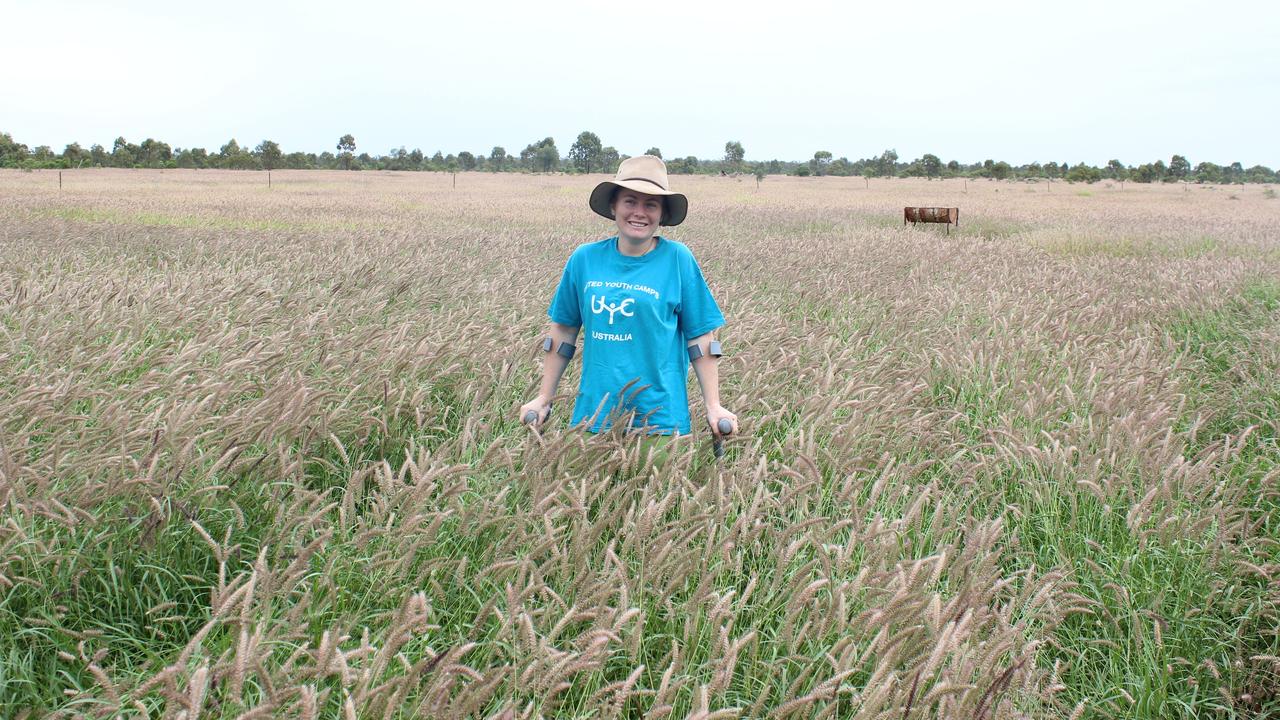
AgForce Queensland cattle president Lloyd Hick said the proposal to list buffel as a weed was “not an isolated issue”.
“Producers are increasingly frustrated as time and energy that should go into food production is spent pushing back against agenda-driven ideas and re-educating city-based decision makers who think they understand the land - but don’t,” Mr Hick said.
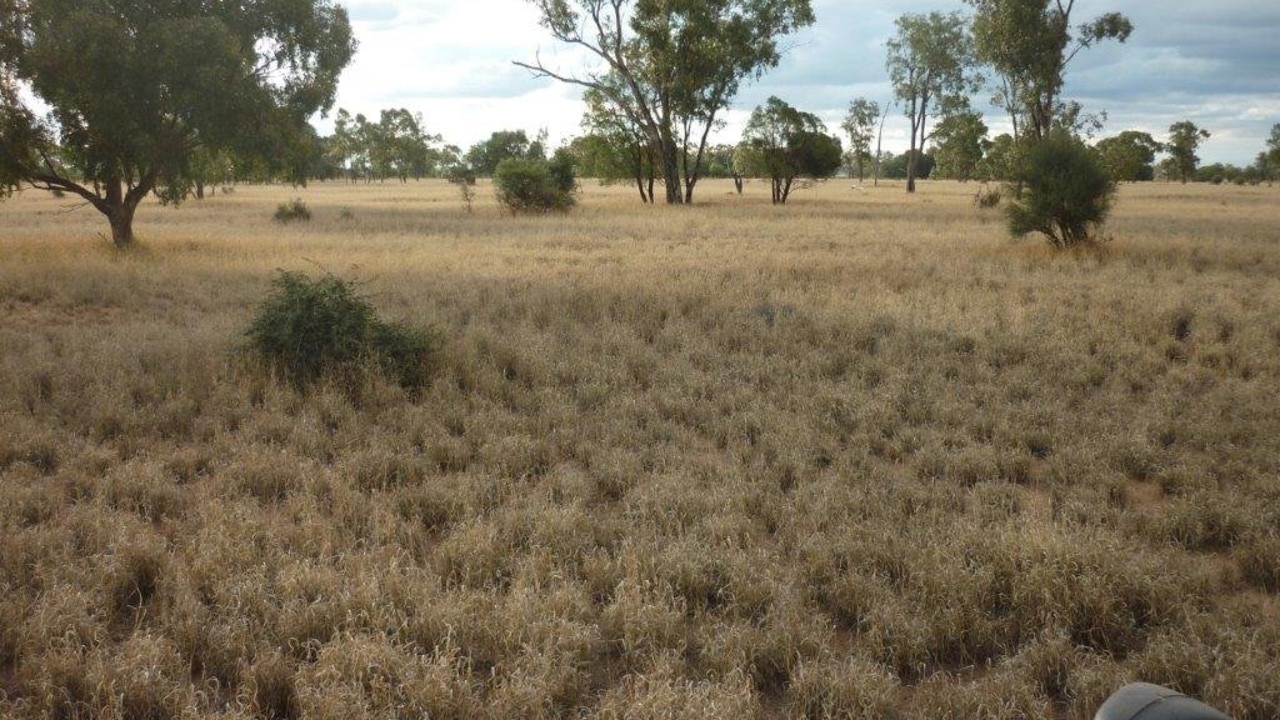
AgForce cattle policy director Daniel Counsell said buffel was the main feed for Queensland graziers.
“Buffel grass is all across the state but the further west you go the more that land’s carrying capacity has been heavily built by buffel grass,” Mr Counsell said.
“Everyone is a bit agitated because the process for considering it a weed is not taking into consideration the economic impacts.”
So what is actually going on?
In 2024, the Australian Government asked organisations to nominate what they considered to be weeds of national significance (WoNS).
The Indigenous Desert Alliance, in partnership with the Alinytjara Wilurara Landscape Board and the Arid Lands Environment centre nominated buffel grass.
Nominations closed on January 12, 2025 - a total of 50 plant species were nominated for consideration - these will all be assessed by the National Established Weed Priorities (NEWP).
According to NEWP, some of the nominated plants proceeding to consideration do have benefits, for example as pasture grasses.
“A plant is considered a weed if it is not valued where it is growing and requires some form of action to reduce its negative effects,” a NEWP statement read on the Weeds Australia website.
“Thus, a pasture grass providing benefits as feed for livestock is not considered a weed. However, the same plant species in a national park can be considered a weed (not valued) where it outcompetes native plants and requires management.”
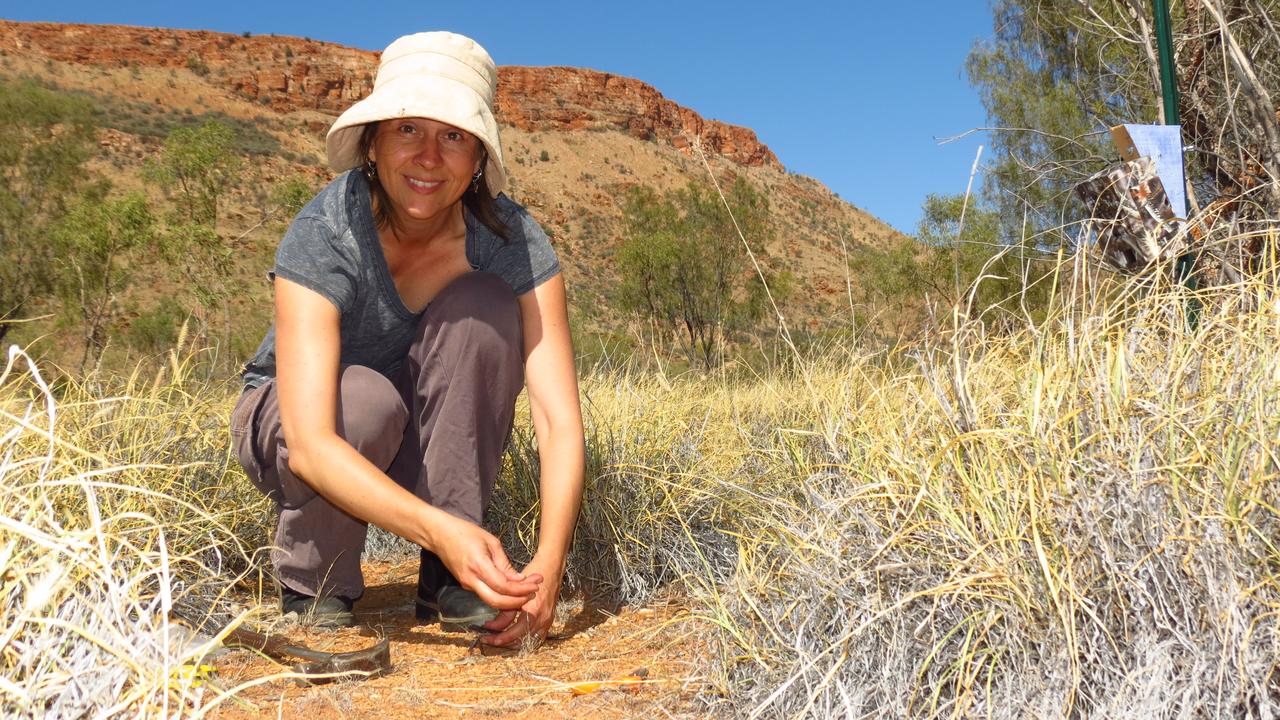
The Federal Department of Agriculture, Fisheries and Forestry told the Townsville Bulletin there was no guarantee any of the 50 nominated species would be accepted as WoNS by the Federal Government.
“There is a process underway (first step) to identify new national established weed priorities. This is an initiative of the cross jurisdictional National Biosecurity Committees’ Environment and Invasives Committee. It is being guided by a steering group made up of industry, community and government members,” a spokesperson said.
“The detailed assessment process considers the benefits of a species. This includes considerations about possible strategies to minimise negative impacts of a species while retaining its beneficial uses.”
The last time a Weed of National Significance was named was in 2012.
There are currently 32 WoNS - this includes blackberries, bellyache bush, gamba grass, lantana, prickly acacia, prickly pears, serrated tussock and more.
Federal Member for Kennedy Bob Katter strongly opposed the listing of buffel as a weed of national significance.
“Buffel grass wasn’t brought here by accident - it was introduced because it’s one of the best options we’ve got. It holds the soil together and keeps the cattle fed even during drought,” Mr Katter said.
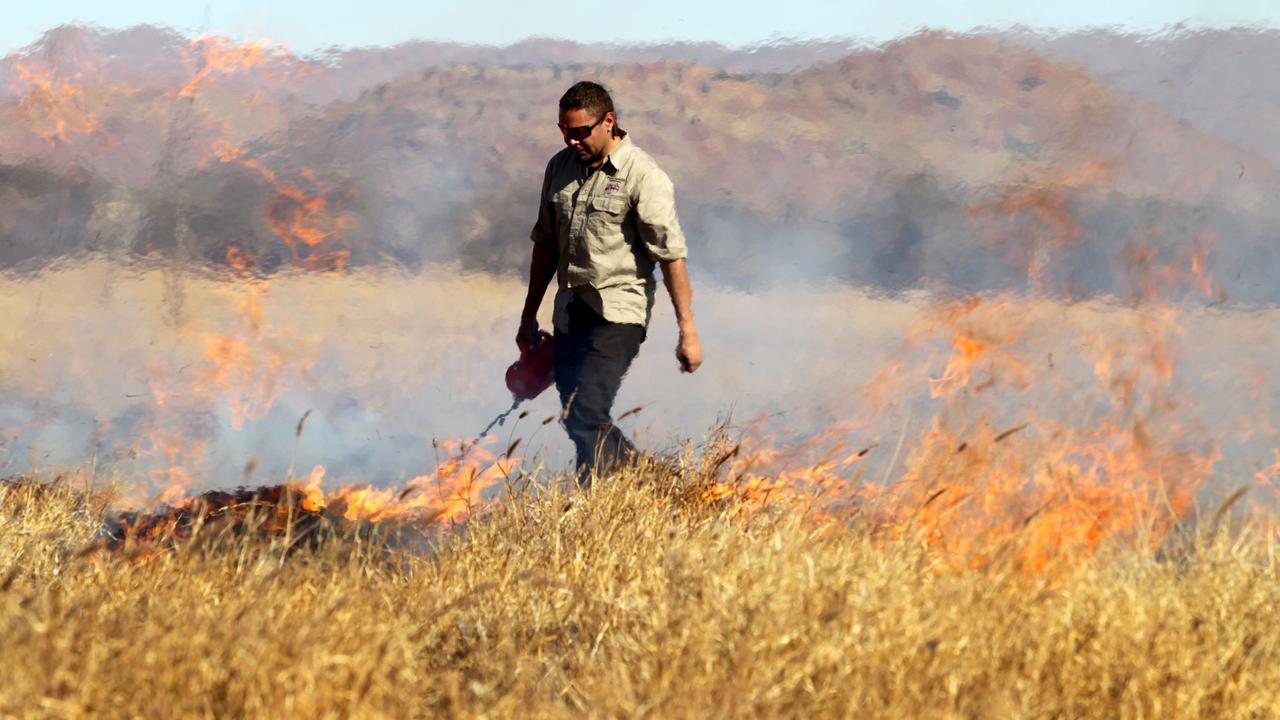
The 50 nominated plant species are expected to be under consideration by NEWP until late 2025, but there is currently no agreement by the Federal Government to accept any as a new weed of national significance.
More Coverage
Originally published as ‘We have to feed our nation’: Buffel grass debate heats up in QLD





